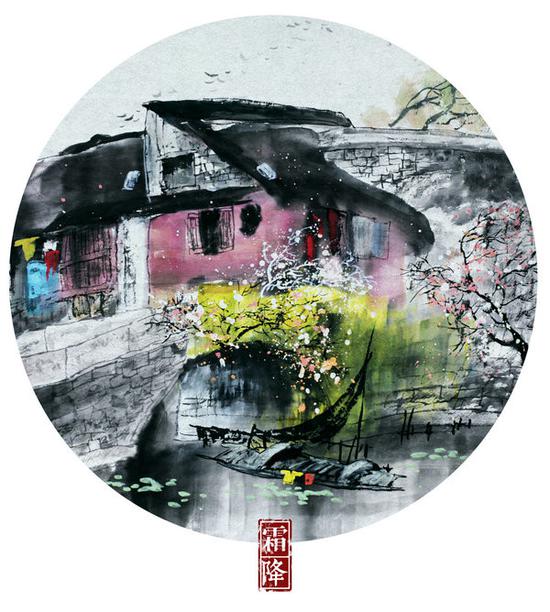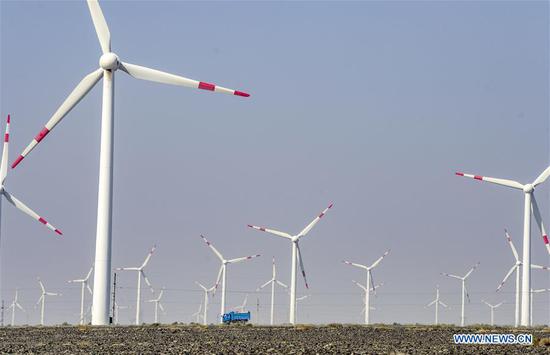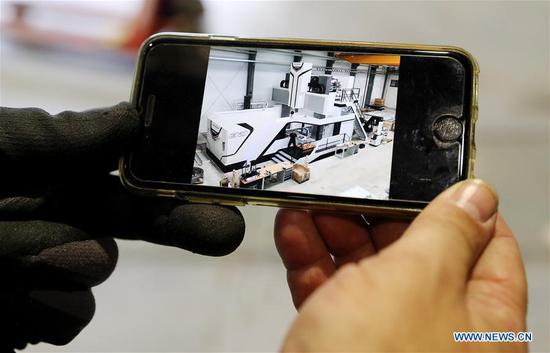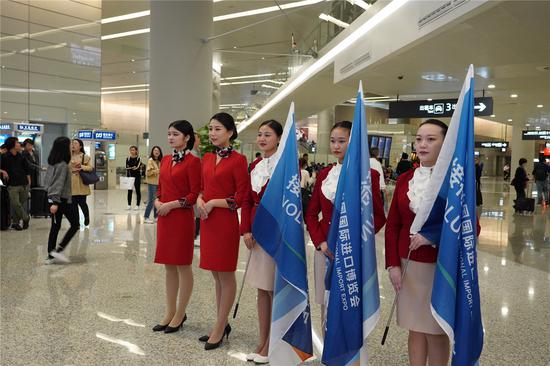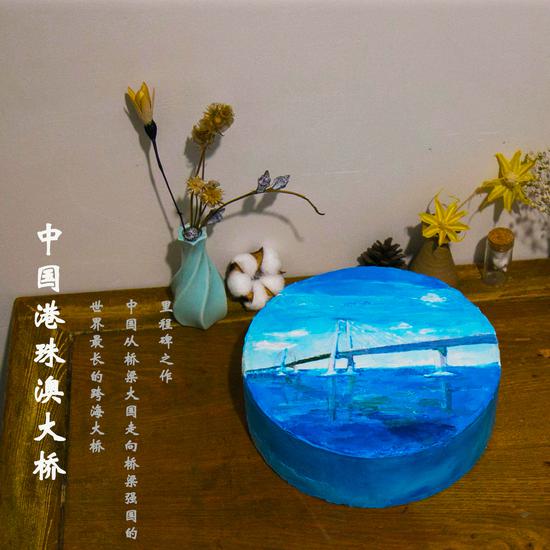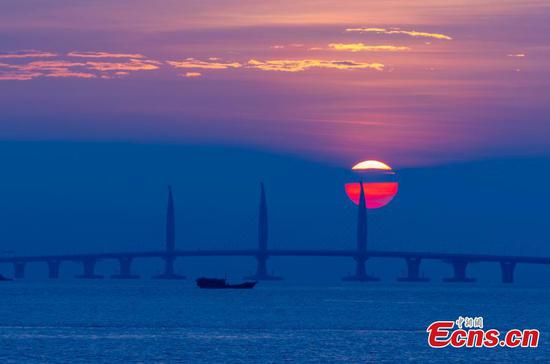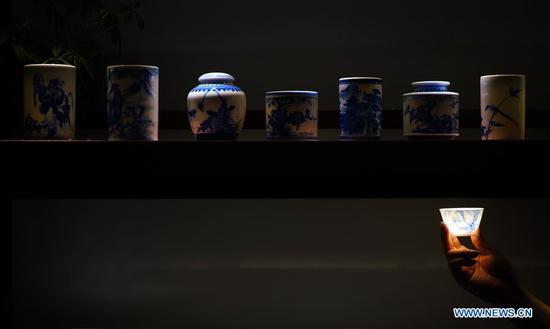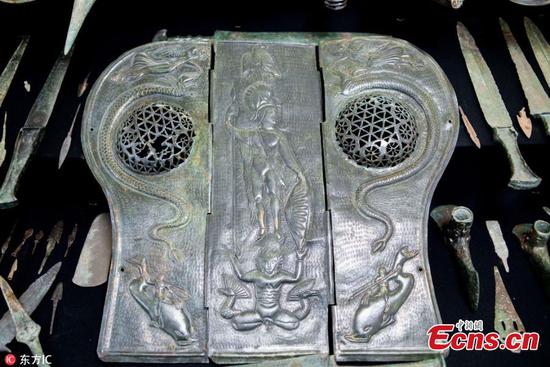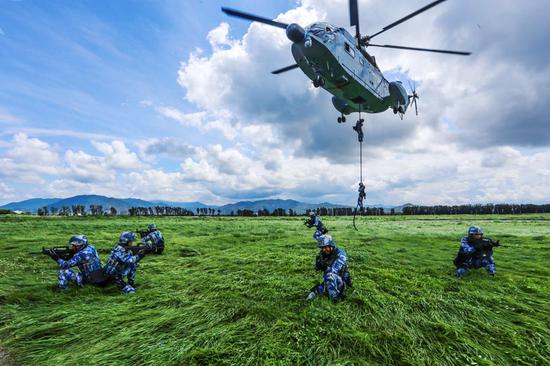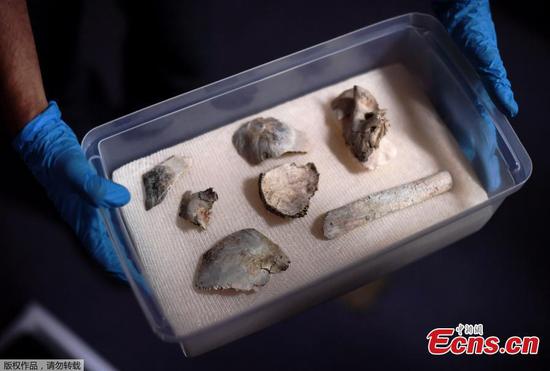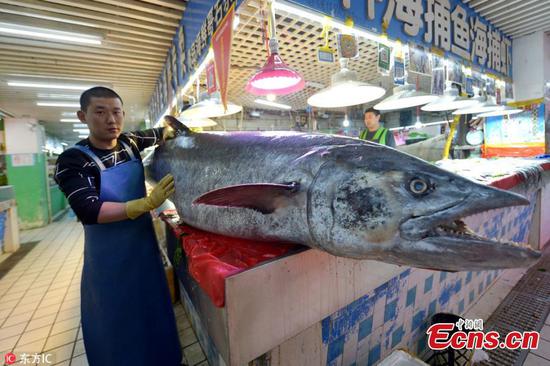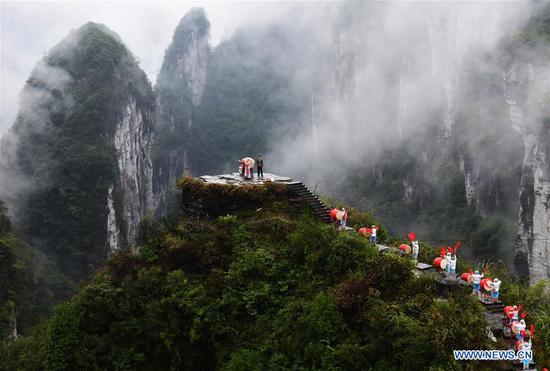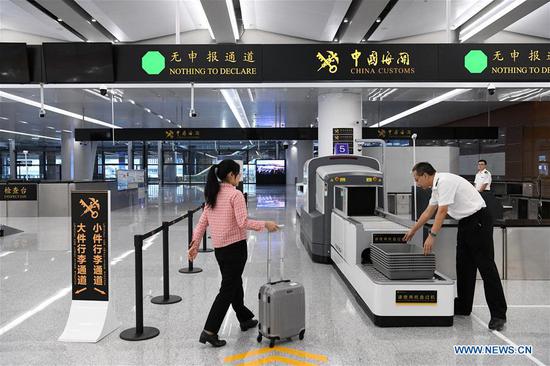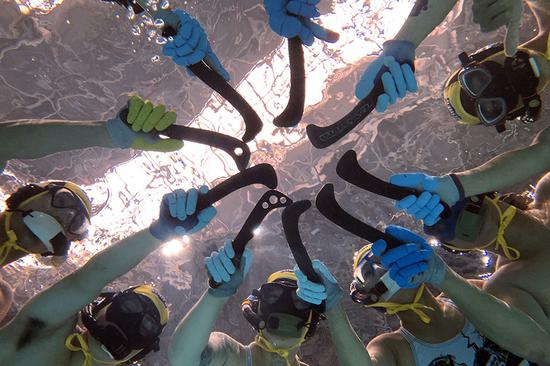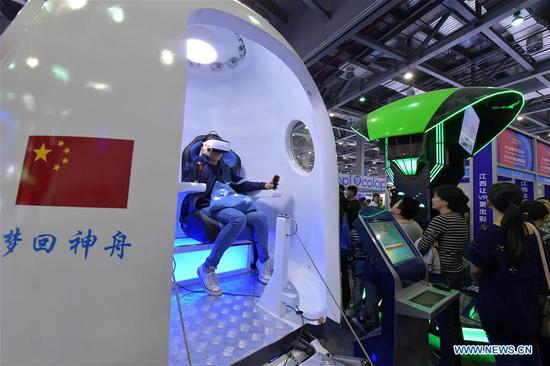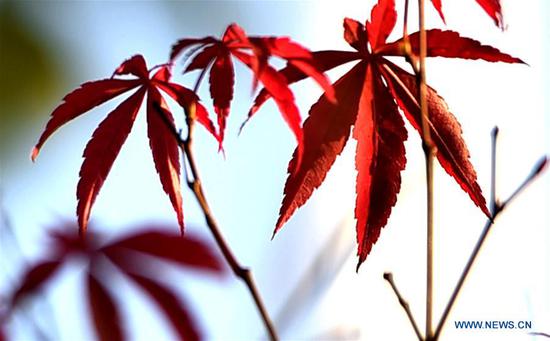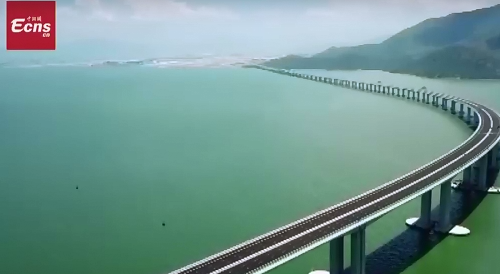With ties between China and Japan steadily improving since last year, Japanese Prime Minister Shinzo Abe is set to visit China this week, as the year marks the 40th anniversary of the signing of the China-Japan Treaty of Peace and Friendship.
Abe's visit from Thursday to Saturday at the invitation of Chinese Premier Li Keqiang is the first to China by a Japanese prime minister in seven years.
After years of frosty relations, the image of Japan among the Chinese reached a low of 5.2 percent in 2013, according to a survey released earlier this month by China International Publishing Group and a Japanese non-profit organization Genron NPO.
Analysts believe the Diaoyu Islands issue, in the spotlight since Japan "nationalized" it in 2012, is among the key reasons that the two countries fell out.
"The attitude toward Japan's invasion of other Asian countries and regions in the past as well as the Diaoyu Islands issue are among the reasons that bilateral relations were hit," said Ruan Zongze, executive vice president of China Institute of International Studies.
But with the leaders of the two countries meeting more frequently on the sidelines of international meetings, ties have thawed, as the survey - based on responses from 1,548 Chinese residents and 1,000 Japanese citizens - showed.
Currently about 42 percent of Chinese respondents had a positive image of Japan. By contrast, 13 percent of Japanese said they had a positive view of China, compared with 6.8 percent in 2014, according to the survey.
Some 74 percent of the Chinese respondents said they believe that bilateral relations are "important" or "very important," while 71.4 percent of the Japanese respondents held the same view.
Cooperation on trade
China is willing to expand cooperation with Japan in economy, trade, finance and innovation, and increase exchanges between youths and local governments, Chinese Foreign Minister Wang Yi said after meeting Japanese Foreign Minister Taro Kono on the sidelines of the UN General Assembly in September, Xinhua reported.
Analysts noted that Japan's attitude toward China has dramatically changed since May 2017, when Tokyo sent a delegation to attend the Belt and Road Forum for International Cooperation in Beijing in a reversal of Japan's previous policies.
"Japan changed its confrontational ideas against China and is willing to talk," Yang Bojiang, vice chief of the Institute of Japanese Studies at the Chinese Academy of Social Sciences, told the Global Times.
Though many believe that the rise in global protectionism advocated by the Trump administration has pushed Japan to work with China, Yang said it is more a catalyst than a deciding factor.
Japan, the 11th most populous country which ranks 60th in size in the world, relies heavily on export and international trade.
According to Xinhua, bilateral trade between China and Japan jumped to some $300 billion in 2017, up 10 percent year-on-year.
"Both countries need the other side's products," said Yang. "Growth of mutual trust will boost the economy of the two sides."
Japan's diplomatic policies are changing and the country is seeking diversification, noted Ruan.
"The recent development in bilateral relations between the two countries indicates that they have come to a path of benign interaction," he said.
Though relations were not warm, Chinese visitors swarmed into Japan, with the number of tourists from the Chinese mainland touching 7.3 million in 2017, an annual rise of 15 percent.
Their shopping habits, including buying toilet lids, have inspired a new Japanese word, bakugai, which literally means "explosive shopping."
With warming relations, the number of visitors is expected to surge, said Ruan and Yang.
The exchanges go beyond the people-to-people level.
China gave a pair of giant pandas Lanlan and Kangkang to Tokyo's Ueno Zoo as part of "panda diplomacy" in 1972, in commemoration of the normalization of bilateral ties. Japanese swarmed the zoo to see the adorable animals.
Japanese media has suggested that the panda lease is expected to get an extension during Abe's visit.
Concerns on the war past
The majority of Chinese and Japanese respondents think that the two sides should develop lasting relations of peace and friendship, but Japan's military past is a concern for the Chinese.
Days ahead of his visit to China, Abe sent ritual offering to the notorious Yasukuni Shrine, which "honors" Japan's convicted war criminals during the WWII who were behind atrocities on Chinese and Koreans, who suffered from Japan's past aggression.
Since Abe won an election that saw him to a third term as the Liberal Democratic Party leader in September, he has reiterated his pledge to revise Japan's pacifist constitution during his tenure, highlighted by the motion to amend the war-renouncing Article 9.
The Article 9 states that, to accomplish the aim of international peace, armed forces with war potential will not be maintained.
Debates on whether the existence of Japan's Self-Defense Forces (SDF) violates Article 9 have existed for years. Abe wants to resolve the debate by inserting a reference to the SDF to stipulate its existence.
Japan's charter has not been amended since 1947.
Though the constitutional reform is about changing Japan's domestic policy, we also need to watch it closely due to Japan's military past, said Ruan.
Japan needs to work to recapture the key spirit embodied in the official documents signed between the two countries, highlighted by historical and political issues, Yang said.









